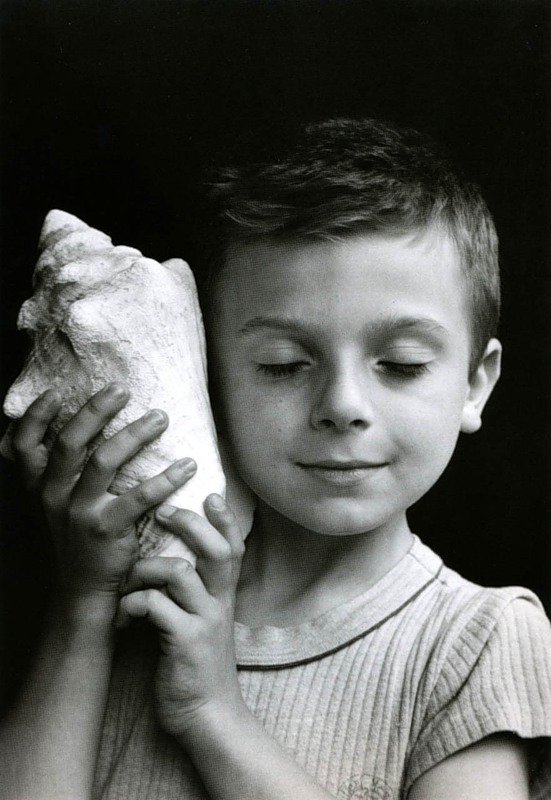International Virtual Conference
organised by
Centro Studi Opera Omnia Luigi Boccherini, Lucca
Italian Institute for Applied Musicology
7-9 June 2024
CALL FOR PAPERS
The Centro Studi Opera Omnia Luigi Boccherini and the Italian Institute for Applied Musicology are pleased to invite submissions of proposals for the Conference «Analysing Rhetoric Beyond Figures: Intonation and Discourse in Instrumental Music from the 18th Century Onwards», to be held from 7 to 9 June 2024.
Performers, or musicologists with a performing background, have always been sensitive to the imitation of voice intonation, both in an immediate sense and in syntactical relationships between sections. Some of these phenomena have been described as rhetorical figures, e.g., exclamatio, interrogatio, or irruptio. But most of them remain accessible only to performers’ intuitions, waiting for a performative analysis — and musicology — to describe them.
In analysis, after establishing a tonal framework and formal structure, the temporal aspect of music seems to demand a rhetorical approach to explain the characteristic hesitating tone of so much chamber music of the 18th century, as if mimicking a spirited, casual orator in a saloon conversation. Similarly, the way 19th-century music seems to represent the act of remembering that is so central to romantic poetry and music can best be approached through rhetorical gestures such as repetitions, interruptions, or irruptions. Finally, the ironic or sarcastic tone that is a fixture of so much of 20th-century music belongs also to the study of the tone in musical discourse, i.e., of music as discourse.
As Ferruccio Civra clarified (1991), there seems to be a traditional confusion about rhetorical figures in historical musicology. Most treatises of the 18th century insist on listening to music and performing it as a discourse. On the other hand, compilations of rhetorical figures may have been over-emphasised in 20th-century academic discourse when discussing musical rhetoric. Instead of acknowledging the multifarious, rich world of possibilities that the ancient analogy between music and language allows for, a “system” was set in place. This “system” has been called Figurenlehre, the ‘Doctrine of [rhetorical] figures’, and it appears to be more the result of a wishful, systematic effort than of a historical musical reality. The worst consequence of this is the insurmountable distance that separates academic discourse and performance practice, regarding musical rhetoric.
This confusion has affected many performance practice and HIP departments, who sense there is something crucial in the conception of music as discourse, but not always as it is presented in the old historical treatises, or in their summarised versions (Bartel 1997).
This symposium intends to gather some specialists to exchange experiences and intuitions on a subject that has been explored only by a few researchers.
The scientific committee encourages submissions within the following topics, although other topics related to the general theme of the conference are also welcome:
- Instrumental mimicking of vocal intonation;
- Metrical prosodic verse patterns in instrumental music;
- Pragmatic deconstruction of the traditional Figurenlehre;
- Integral analysis, including temporal, rhetorical, or narrative aspects;
- Integration between analysis and performance;
- Current cogency of historical treatises in analysis and performance.
Programme Committee:
- Joan Grimalt (Escola superior de música de Catalunya)
- Roberto Illiano (Centro Studi Opera Omnia Luigi Boccherini)
- Fulvia Morabito (Centro Studi Opera Omnia Luigi Boccherini)
- Massimiliano Sala (Centro Studi Opera Omnia Luigi Boccherini)
- Massimiliano Locanto (Università di Salerno)
Keynote Speakers:
- Márta Grabócz (Université de Strasbourg)
- Joan Grimalt (Escola superior de música de Catalunya)
- Robert Hatten (Butler School of Music, University of Texas at Austin)
The official languages of the conference are English, French, Italian and Spanish. Papers selected at the conference will be published in a miscellaneous volume.
Papers are limited to twenty minutes in length, allowing time for questions and discussion. Please submit an abstract of no more than 500 words and one page of biography.
All proposals should be submitted by email no later than ***Sunday 17 March 2024*** to <conferences@luigiboccherini.org>. With your proposal please include your name, contact details (postal address, e-mail and telephone number) and (if applicable) your affiliation.
The committee will make its final decision on the abstracts by the end of March 2024 and contributors will be informed immediately thereafter. Further information about the programme and registration will be announced after that date.
For any additional information, please contact:
Dr. Massimiliano Sala
